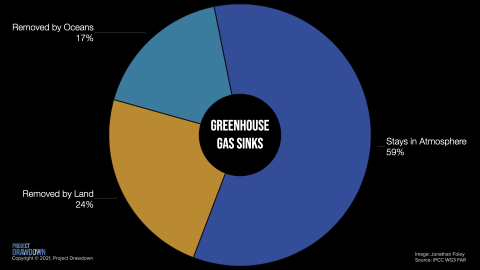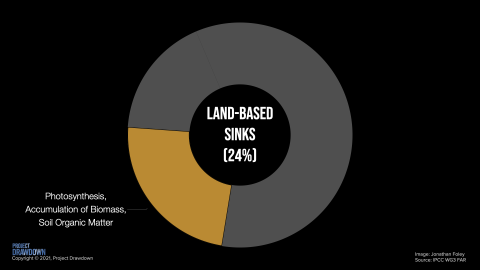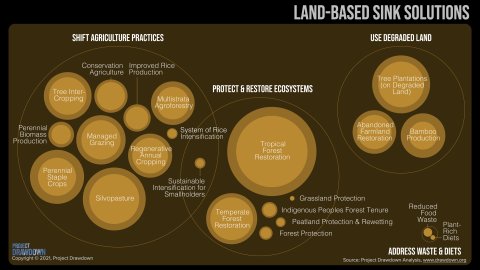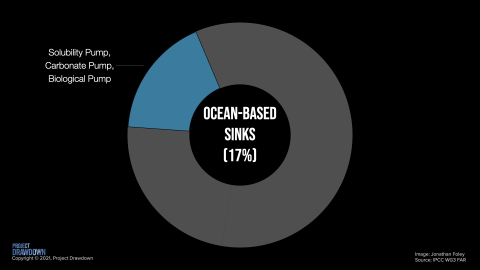Unit 4: Supporting Sinks and Improving Society
Three cheers for carbon sinks! Get to know these climate solution powerhouses (from the land, sea, and labs) by exploring the best ways to keep them strong. From shifting agriculture practices and addressing human diets to restoring marine ecosystems, this unit delves into the opportunities and limitations of sinks as a tool to reach drawdown. Finally, take a step back to see the critical importance of centering human equality in the race to shift climate solutions to global action.
Quick Links
Expert Conversations
Director of the Institute on the Environment, University of Minnesota
Hellmann is the director of the University of Minnesota’s Institute on the Environment and the Ecolab Chair in Environmental Leadership, where she works to build a future where people and planet prosper together. Her research focuses on global change ecology, climate adaptation, and the reduction of greenhouse gas emissions. Widely published and a skilled communicator, Hellmann is a scientific pioneer routinely called upon by leading international media outlets to provide expert input on global change. In addition to several prestigious fellowship positions, she received the Climate Adaptation Leadership Award of the US Association of Fish and Wildlife Agencies. Follow Hellmann on Twitter, visit her website, and read her blog Director’s Almanac.
Hear more about ecosystem impacts in Unit 4, which digs into carbon sinks—and ways to keep them strong—around the world.
Take a closer look at climate impacts on modern ecosystems with Hellmann—an expert on global change ecology, climate adaptation, and emissions reduction. Hear Hellmann discuss the inspiring road to solutions ahead.
29:07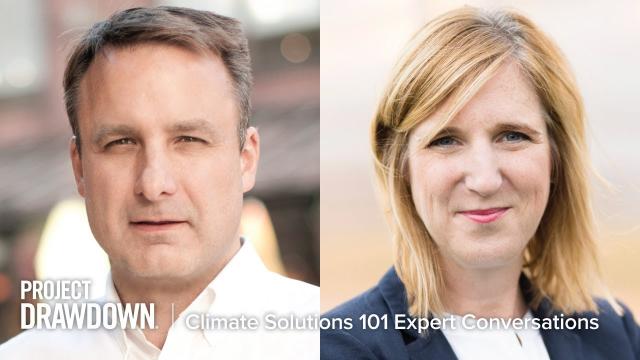
Director of the Institute on the Environment, University of Minnesota
Hellmann is the director of the University of Minnesota’s Institute on the Environment and the Ecolab Chair in Environmental Leadership, where she works to build a future where people and planet prosper together. Her research focuses on global change ecology, climate adaptation, and the reduction of greenhouse gas emissions. Widely published and a skilled communicator, Hellmann is a scientific pioneer routinely called upon by leading international media outlets to provide expert input on global change. In addition to several prestigious fellowship positions, she received the Climate Adaptation Leadership Award of the US Association of Fish and Wildlife Agencies. Follow Hellmann on Twitter, visit her website, and read her blog Director’s Almanac.
Hear more about ecosystem impacts in Unit 4, which digs into carbon sinks—and ways to keep them strong—around the world.
Take a closer look at climate impacts on modern ecosystems with Hellmann—an expert on global change ecology, climate adaptation, and emissions reduction. Hear Hellmann discuss the inspiring road to solutions ahead.

